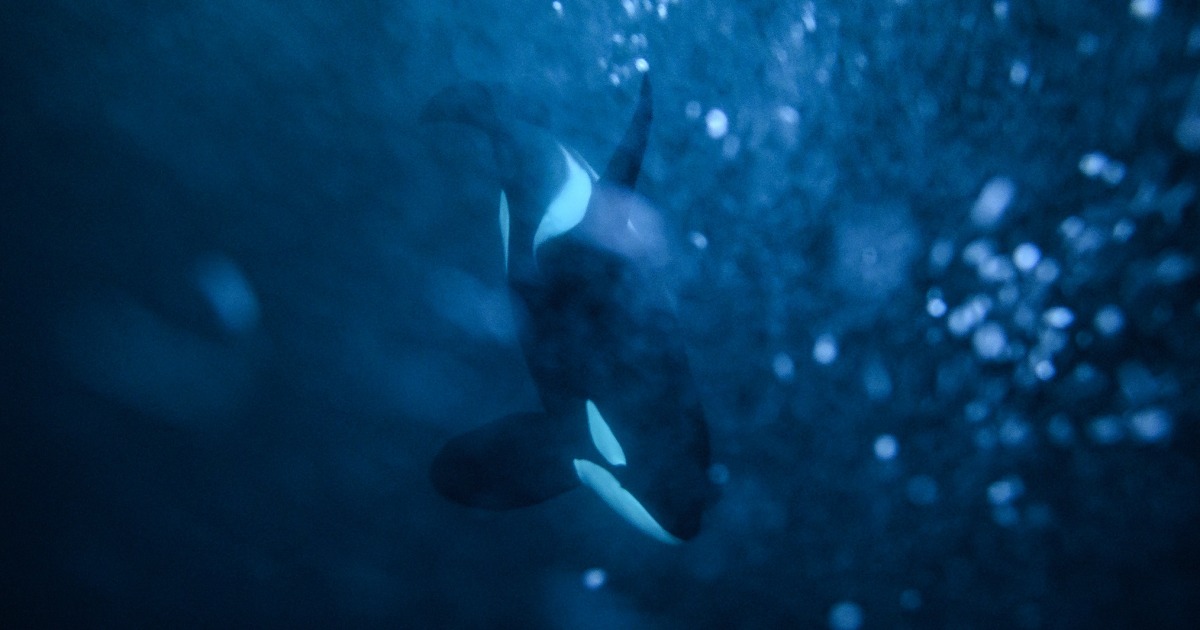In an interview for her latest movie, Ayo Edebiri was asked about what it’s like to be a member of Generation Z. She reacted as if she had been accused of a terrible crime. “I’m literally turning 30!” she responded. “Me and Rachel are always in articles that are like, ‘These girls, who you think are young, are actually turning so old. You’ll never believe who’s about to die.’ ”
“Rachel,” of course, is Rachel Sennott, whose very public friendship with Edebiri belies the fact that they’ve shared only a single screen credit so far, the raucous 2023 comedy Bottoms. Born only two weeks apart in 1995, they’re both solidly millennial but close enough to the boundary that they’re frequently asked to portray members of the younger generation, only to bristle when people confuse the actress with her parts. Generational boundaries are junk science, true in broad strokes but nonsensical up close; a Gen Xer born in 1980 has a lot more in common with a millennial born in 1981 than they do with someone born in 1965. But they hold an almost mystical meaning for some, especially when others try to slot them into the wrong one.
Sennott, like Edebiri, has just turned 30, an occasion she has marked by creating her first TV show: HBO’s I Love LA. Sennott’s character, Maia, shares much in common with the archetypal millennial: She’s a hustler, an aspiring talent manager constantly trying to get a leg up at a firm run by an older woman who spouts girl-power rhetoric while undermining her at every turn, trying to convince herself that her $2,400-a-month bungalow is “cozy” and not confining. But the show makes a point of stressing that Maia is on the other side of the millennial/Z divide. It’s a Gen Z satire, but it’s one pitched from just outside the wall, by a millennial cusper saying, in effect: We’re bad, but at least we’re not that bad.
The first episode opens on Maia’s birthday, and when she tells her boss, Alyssa (Leighton Meester), that she’s just turned 27, Alyssa makes an exaggerated sad face. “Oof, that’s tough,” she says. “Better than 28, though. Twenty-eight through 33 is, like, kill me.” But then, Maia says hopefully, at least you’re 34? Her boss just shakes her head and goes back to sipping from her Stanley.
Meester, of course, is associated with the original Gossip Girl, whose millennial grinders would stop at nothing to secure their own advancement. But despite the fact that she runs her own at least modestly successful company, her character on I Love LA can’t seem to shake the habit of stabbing others in the back. There’s no sense of solidarity, or even stability; everyone is on the make, but no one is making it. Maia is both furious at and jealous of her old friend Tallulah (Odessa A’zion), who abruptly split after Maia helped make her a social media star. (“Is she the one who rode the subway in a bikini during COVID?” an awed Alyssa asks. “Yeah,” says Maia, “I filmed that.”) But when Tallulah abruptly turns up at the house Maia shares with her schoolteacher boyfriend, Dylan (Josh Hutcherson), it turns out the booming influencer career portrayed by Tallulah’s Instagram feed is all smoke and mirrors. She’s broke, out of work, and looking to reconcile.
Sennott has, somewhat atypically, cast herself as I Love LA’s straight woman. While her friends, Charlie (Jordan Firstman), a pop-star stylist, and Alani, an Oscar winner’s nepo baby (played by True Whitaker, daughter of Forest), like to run wild, Maia’s idea of a birthday blowout is having dinner in Beverly Hills. But Tallulah is chaos in a skimpy top, and as soon as she bursts through Maia’s door, her life starts swerving all over the road. One moment Tallulah’s getting five-figure sums for posting Instagram stories with a client’s product. The next, she’s trying to prevent a coked-up heiress from pressing charges for stealing her Balenciaga bag. Bringing Tallulah in as a client allows Maia to finally escape the prison of assistant-hood at work, but she’s trying to manage someone who’s fundamentally unmanageable.
I Love LA leads with its characters’ most aggravating characteristics: Maia is desperate and narcissistic, Dylan a spineless pleaser, Tallulah a hot mess who makes her problems everyone else’s. (She’s the kind of person you are thrilled to see show up at a party, and wish would leave half an hour later.) But the writing gets sharper and more distinct over the course of the season, especially as its perspective broadens beyond its core characters’ petty obsessions. When a video takedown of Tallulah goes viral, Charlie comments that it’s gotten so big it’s blowing up his Birthright group chat; Alani offers to connect someone with her doctor, who “does an Instagram Live every morning,” adding, “He’s really good about replying to women.”
The show’s tone wobbles from social satire to character-driven comedy: In HBO terms, it’s somewhere on the spectrum between The Other Two and Girls. (It also evokes, strongly at times, the work of a disgraced New York auteur famous for his mordant send-ups of egocentric Angelenos, although the creators of this show might not be delighted by the association.) And even after a full eight-episode season, it still struggles to define its other characters as well as it does Maia and Tallulah. But there’s something electric in that dyad. At one point, we learn that the two, for reasons that are never provided, used to call each other Roger and Munchy, and as they slip back into their old patterns, the pet names come out again. Sennott and A’zion go at each other like feral animals, playing in a way that seems dangerous to everyone but them, repeating those words—Roger, Munchy, Roger, Munchy!—as if they’ve opened the door to a world where only they exist. They’re messes on their own and an even bigger mess together, but the latter is a lot more fun.


